addiction
Latest
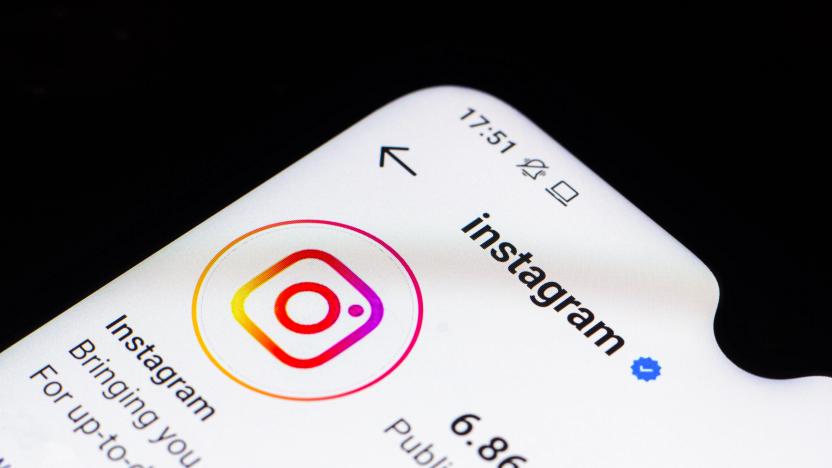
Instagram test reminds you to 'take a break' from non-stop scrolling
Instagram is testing a 'take a break' feature that reminds you to stop scrolling — but not much else.

China's revamped law bans online services that 'induce addiction' in kids
China has revamped its laws to ban online services and games that 'induce addiction' in kids.

In-brain electrodes are the latest weapon against opioid addiction
Researchers at the West Virginia University Rockefeller Neuroscience Institute (RNI) and West Virginia University Medicine are conducting the first clinical trial in the US that uses deep brain stimulation to treat opioid addiction. The procedure is meant for those who have exhausted all other forms of treatment but still suffer from opioid use disorder. The first patient, a 33-year-old man, has a decade-long history of opioid and benzo abuse, overdoses and relapses.
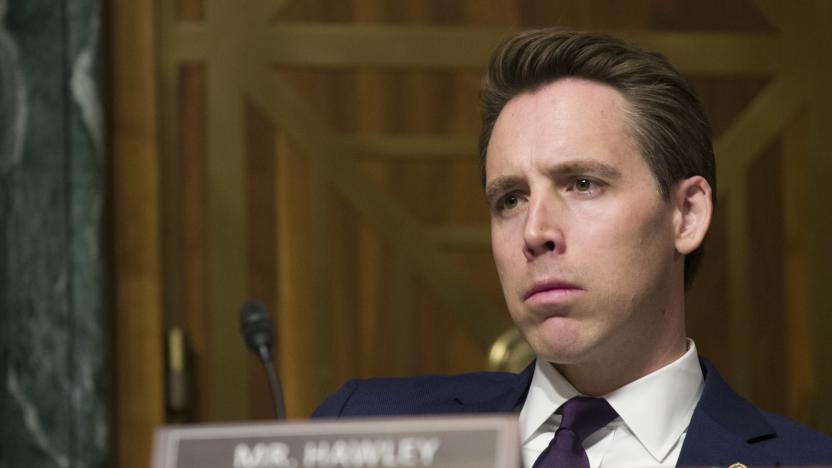
Senator wants to ban 'addictive' social network features in new bill
Never mind relying on your phone's wellbeing tools to curb your social network addictions -- if one congressman has his way, the law itself would step in. Senator Josh Hawley has introduced a bill, the Social Media Addiction Reduction Technology Act (yes, that's SMART Act), that would ban features deemed to be exploitative. It would primarily forbid infinite scrolling, autoplaying media and achievements that don't "substantially" reward users with more content. There would have to be "natural stopping points" that encourage users to take a break, for hat matter.

A public database exposed medical records of 150,000 rehab patients
Nearly 150,000 patients who sought treatment at an addiction recovery facility in Pennsylvania had their medical records exposed online. Through the public search engine Shodan, independent researcher Justin Paine found an ElasticSearch database with nearly five million rows of data. It appeared to include personally identifiable information (PII) of patients who were treated at Steps to Recovery between mid 2016 and late 2018.
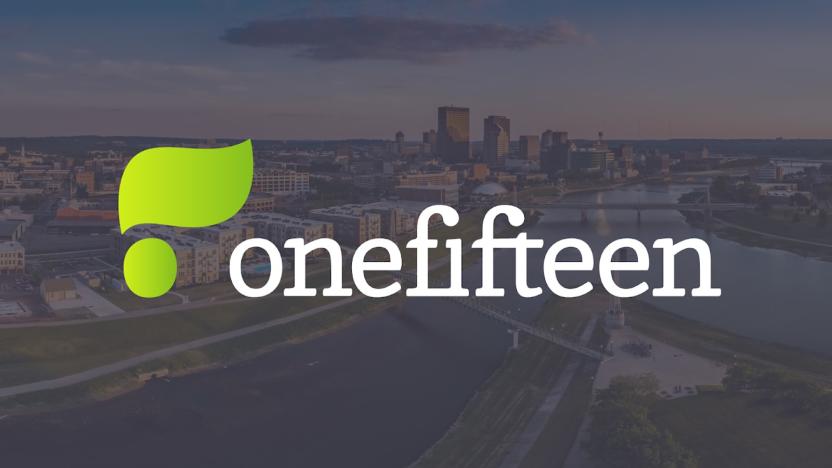
Alphabet's Verily is opening an opioid addiction center in Ohio
Alphabet's health data company Verily is mainly known for its devices, but now it's tackling one of the larger problems in the US through facilities. The company is teaming up with Kettering Health Network, Premier Health and Alexandria Real Estate Equities to establish OneFifteen, a "tech-enabled" campus in Dayton, Ohio that will help address opioid addictions. It'll include clinical services, housing for recovering patients and mixed-purpose buildings to help both patients and the local community, with Verily's technical know-how helping to "continually evolve" treatment.

Wearable sensor can detect imminent opioid overdose
The number of drug overdose deaths in the US more than tripled between 1999 and 2016, with opioids accounting for the majority -- in 2018, more than 115 people died from opioid overdose every day. Now, students from Carnegie Mellon University have created a wearable device that could alert the wearer to a possible overdose, giving them enough time to administer naloxone to reverse the situation.
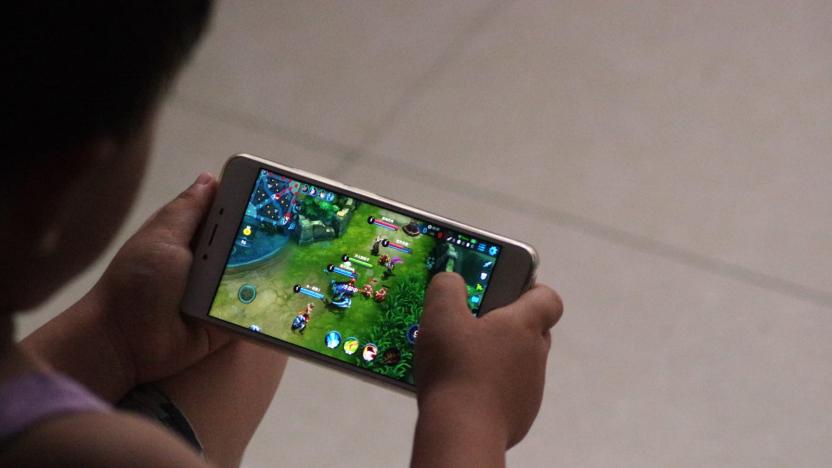
Tencent games will verify IDs to limit playing time for children
Chinese tech giant Tencent has imposed game time limits on younger players to curb addiction and promote healthy habits, but it's now taking some dramatic steps to enforce those restrictions. The company plans to verify the identities and ages of players to determine how long they're allowed to play. Tencent will check IDs through police databases and set the game time accordingly, giving the 12-and-under crowd one hour of play (and then only between 8AM and 9PM) while the 13-to-18 audience gets two hours.
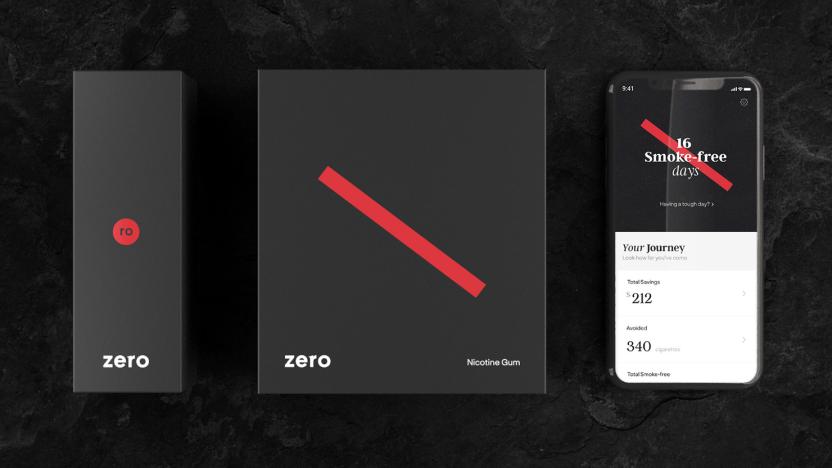
This medical kit increases your odds of quitting smoking
The company trying to solve erectile dysfunction (ED) with technology is doing the same to help folks quit smoking. Ro has launched the Zero Quit Kit that uses multiple strategies and end-to-end services to give smokers a better chance to kick their habit.
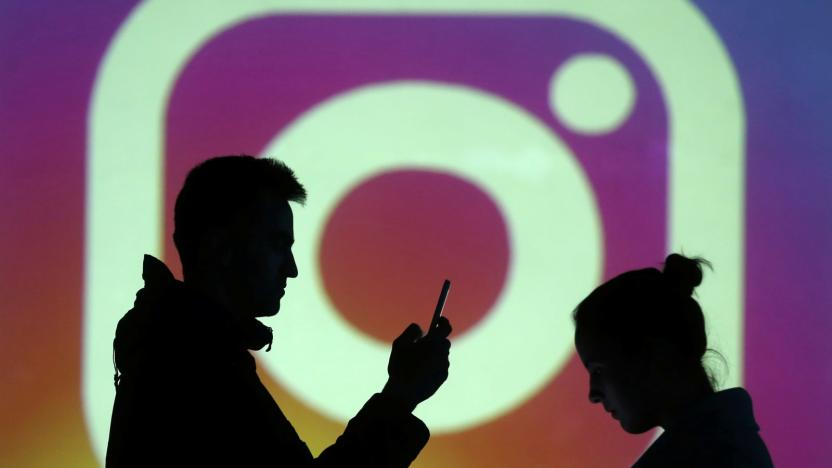
Instagram offers help to people struggling with drug abuse
Instagram is expanding its proactive help to people grappling with drug addiction. The social network will pop up an offer of support when users search for certain drug-related hashtags, including references to opioids and other frequently abused substances. The message won't prevent people from finding material if they insist on it, but it will give them a moment of pause and could help them find treatment referrals as well as prevention and recovery information.
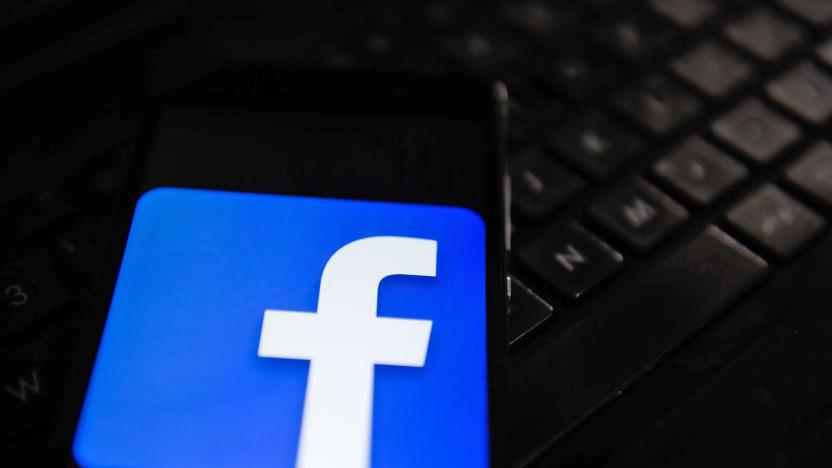
Facebook finally stops surfacing opioid-related posts
Facebook has reportedly stopped surfacing posts, Pages and Groups when users search for opioids like OxyContin and fentanyl, TechCrunch reports. The change comes as the Centers for Disease Control release estimates showing continued increases in opioid-related death rates across the US. Now, when Facebook users search for certain drugs, the site only returns videos and user profiles with similar names. The company told TechCrunch that it is working to make it more difficult for users to find content that might connect them with dealers.
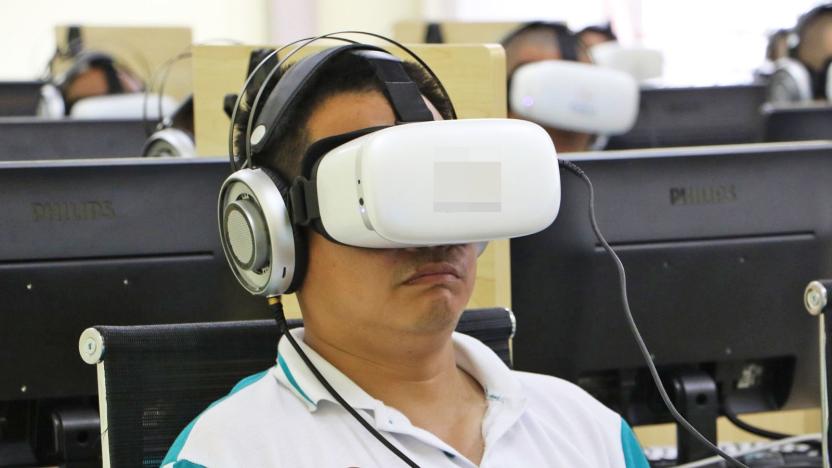
China uses VR eye tracking to gauge success of drug rehab
China's rehab centers are no strangers to using technology to treat addiction. The latest approach, however, is rather unusual. Shanghai drug rehab facilities (not pictured here) are trialing a combination of VR, eye tracking and skin sensors to both aid in recovery and gauge its effectiveness. Recovering addicts have to look at images and video illustrating the effects of drugs, and the eye monitoring can help determine their reactions, including whether or not they're paying attention in the first place. Think of it like a (relatively) gentler version of A Clockwork Orange's Ludovico treatment -- patients can't look away from the unpleasant imagery without their overseers knowing.

Facebook redirects would-be opioid buyers to crisis helpline
Anyone trying to buy opioids or seeking addiction treatment through Facebook should now instead see information for a federal crisis helpline. Facebook has worked with a policy team on the measure over the last few months, according to Stat. Next week, the Food and Drug Administration is holding a summit on opioids; it's invited Facebook, Twitter, Google and other tech companies to discuss how they're stemming drug use.
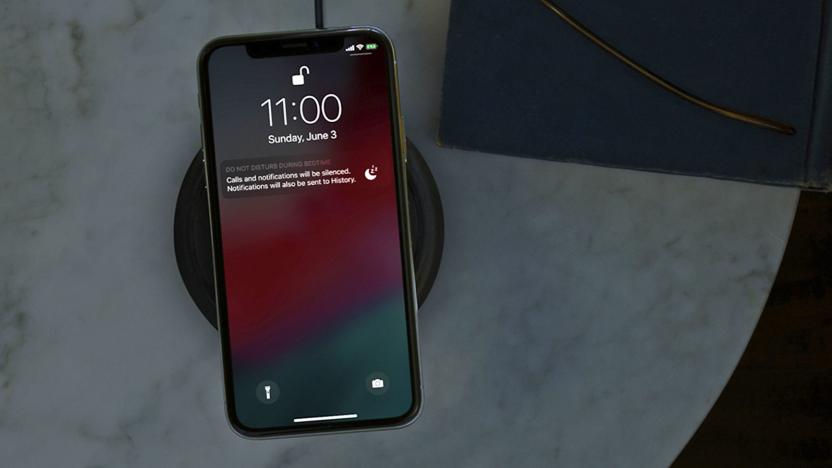
iOS 12 will help you fight your phone addiction
Apple is making good on its promise to fight iPhone addiction. It's introducing a suite of features in iOS 12 that curb the deluge of notifications and alerts that keep you hooked. To start, it's much smarter about how and when it displays notifications. You'll finally, finally see grouped notifications (no more wading through 10 alerts for the same app), for one thing. Do Not Disturb mode can silence all your notifications, too, so you're not tempted to check updates if you wake up in the middle of the night. You can also quickly manage notifications for an app, including an option to "deliver quietly" so that your device won't ping you every single time.

Google uses its search skills to help fight opioid addiction
Google is using its influence as a search giant to fight opioid addiction in the US. The company has partnered with the Drug Enforcement Administration on a prescription drug take back tool that uses Google Maps helps you find return locations using Google Maps. You only have to fill in your address or ZIP code to get a slew of clearly identified recycling centers and similar drop facilities. It's meant or National Prescription Drug Take Back Day on April 28th, but Google is partnering with the DEA and state governments on integrating more permanent options into Maps.

Google will pre-vet addiction treatment ads following scams
In September, following a Verge report detailing scams conducted through misleading drug and alcohol treatment advertising on Google, the company began pulling addiction treatment-related ads in the US. In January, Google did the same in the UK following a similar report from The Sunday Times and later, it extended the suspension of these sorts of ads globally as it worked out a strategy to ensure those advertising on its platform were legitimate. Now, Reuters reports, Google has established a way to vet addiction treatment facilities wanting to post ads.

New tech 'addictions' are mostly just old moral panic
The World Health Organization took an unprecedented step in January when it decided to include "gaming disorder" in its 11th International Classification of Diseases (IDC). Though doctors and researchers have examined the effects of heavy internet usage since the days when access arrived on AOL CDs, this marks the first time that the organization has listed this disorder as a mental health condition. Doing so could have far-reaching, and potentially negative, implications for how the disorder is diagnosed and treated.

Google freezes addiction center ads after word of sketchy referrals
Google rarely stops advertising for an entire category, but it's making that exception to halt some serious abuses. The search firm has temporarily stopped running addiction center ads worldwide after a report revealed that sketchy referral services in the UK were earning huge, undisclosed referral fees (to the tune of tens of thousands of dollars) from addiction centers looking for new patients. The company had already stopped offering these ads in the US following concerns about the practice in September, but the complexity and "varying degrees of regulation" around the world had persuaded it to stop all activity while it searched for a "better way" to help addicts.

Apple will combat iPhone addiction with more parental controls
Apple plans to incorporate new controls into its smartphones that will allow parents to control how much their children use them, Bloomberg reports. In response to a public letter issued on January 6th by two investment groups -- with a combined $2 billion in Apple shares -- on the company claimed it has always protected kids' interests but vowed to do more to keep them safe online.
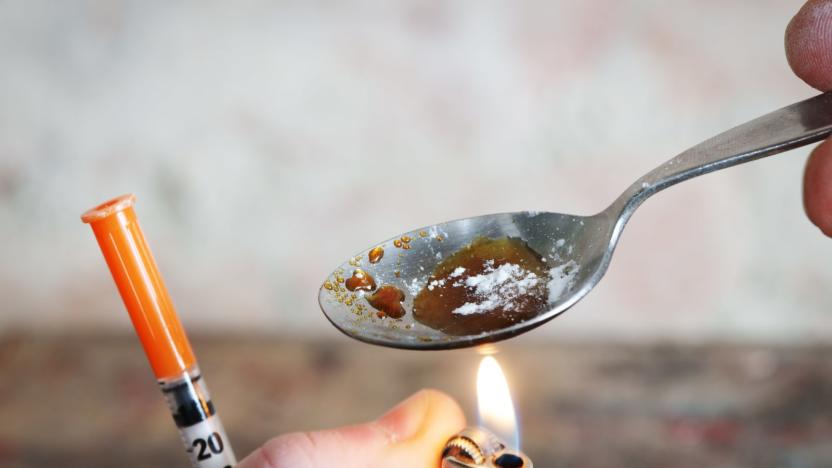
Google bans sketchy UK ads for profiteering addiction helplines
Google's not having the best start to the year, as it's already been called out, yet again, for unscrupulous advertising practices. An investigation by The Sunday Times shed light on a significant money-making machine, which played out through Google ads, targeting people seeking help for substance abuse issues. Someone entering relevant search terms might see an ad for a free advice helpline. These services might subsequently provide details of formal treatment options at private clinics. A caller wasn't to know, however, that successful referrals were netting these companies significant commission fees. As a result of the investigation, Google has now banned these types of ads from appearing in search results in the UK.









